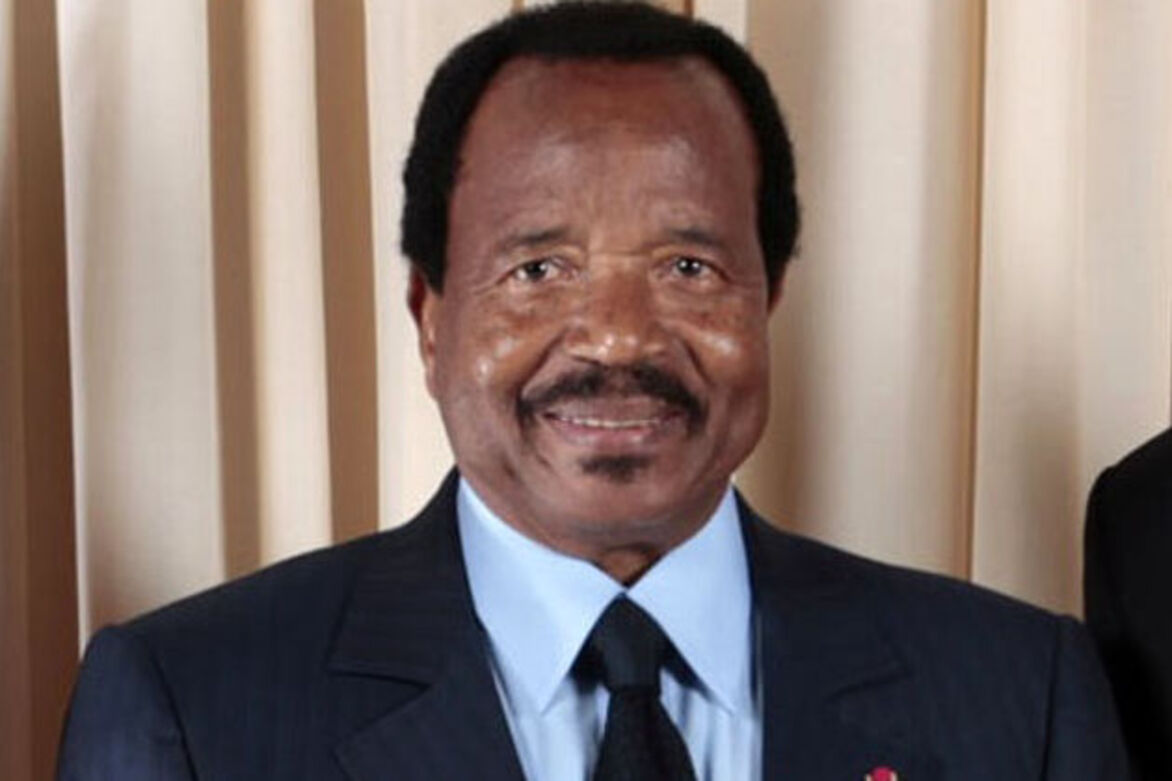Disillusioned youth sit out Cameroon’s election as Biya seeks 8th term
Mohan Sinha
13 Oct 2025

YAOUNDE, Cameroon: As Cameroon prepares to head to the polls on Sunday, many young people say they will sit out the vote, convinced that 92-year-old President Paul Biya will once again claim victory in what they see as a predetermined contest.
Biya, the world's oldest sitting head of state, has ruled the Central African nation for over four decades — longer than most of its citizens have been alive.
"He is already too old to govern, and it's boring knowing only him as president," said 34-year-old Elvis Nghobo to the Associated Press.
Like many of his peers, Nghobo feels disillusioned with a political system that seems impervious to change, and he has never known another leader. After repeated failures to secure a place in professional school, he turned to selling food at a market in Yaoundé, blaming corruption and favoritism that he says favor the children of elites.
Cameroon's youth — with a median age of just 18 — face a deepening disconnect with a leadership dominated by aging figures. Biya, who first took power in 1982 after the resignation of Ahmadou Ahidjo, has since won seven elections. Despite the country's oil wealth and modest economic growth, frustration is mounting over widespread inequality and job scarcity. Official unemployment stands at 3.5 percent, but nearly 60 percent of young workers survive in the informal economy.
In announcing his bid for an eighth term, Biya cited "pressing challenges" facing the nation but offered few details. His government has struggled to contain multiple security crises — from separatist conflict in the English-speaking western regions to Boko Haram attacks in the north spilling over from Nigeria.
Biya faces nine challengers in the single-round vote on October 12, including several former ministers who recently broke ranks with his government. Among them are Issa Tchiroma Bakary, the former employment minister, and Bello Bouba Maigari, the ex-tourism minister. Yet many voters see their candidacies as half-hearted attempts to project competition in an election already tilted in Biya's favor.
Maurice Kamto, who finished second in the 2018 race with 14 percent of the vote, was barred from contesting after election officials claimed his party had nominated two candidates — a claim his lawyers reject. Kamto was jailed after the last election for protesting alleged fraud.
"The key opposition figures are largely recycled from Biya's government," said Wilson Tamfuh, a law professor at the University of Dschang. "Youth see this as ‘belly politics' — self-interest disguised as opposition."
Analysts say Cameroon's elite have little incentive to challenge the status quo. "Biya is unpopular, but he retains elite loyalty through patronage and money networks," said Nat Powell of Oxford Analytica. The ruling Cameroon People's Democratic Movement dominates parliament and local institutions, ensuring Biya's grip remains firm even as questions about his health persist.
At the University of Yaoundé I, 27-year-old student Manoung Wilfried said he will vote out of patriotism, though he expects little change. "None of the candidates convinces me," he said. Like many young Cameroonians, he no longer believes the system allows for genuine competition.
